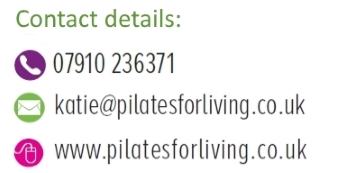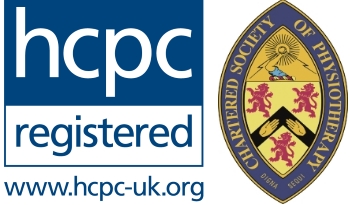Frequently Asked Questions

What is Pilates?
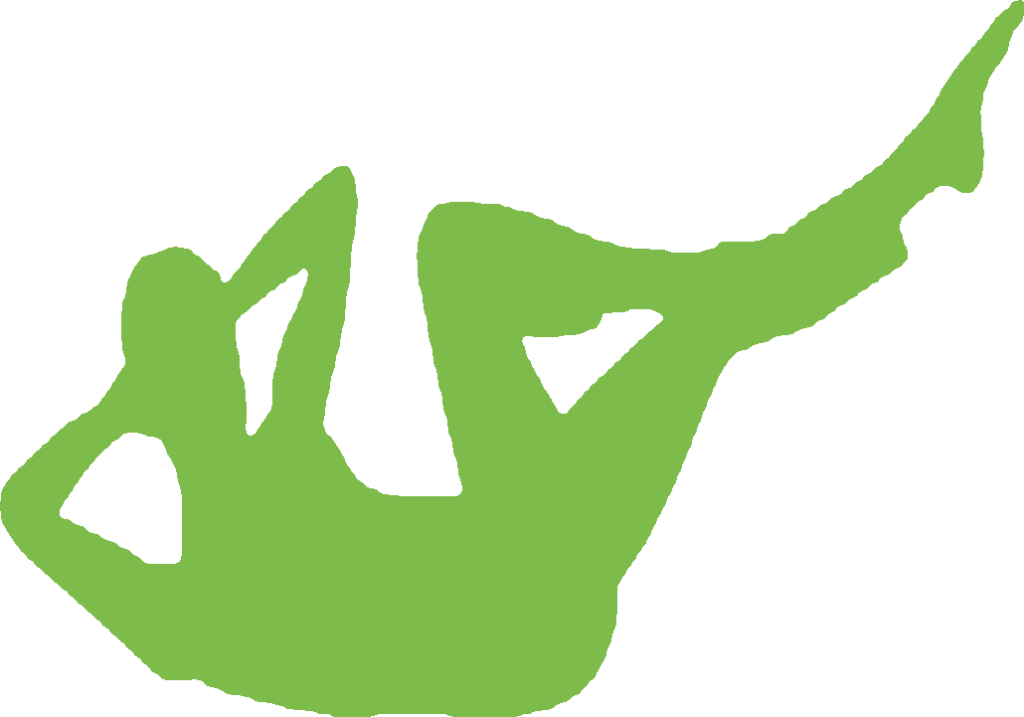
Pilates exercises the whole body through mat and small equipment based exercises, rebalancing muscles. Pilates classes build the body’s core strength and improve flexibility, tone and posture through a series of gentle low impact stretching and conditioning exercises. The founder of Pilates, Joseph Pilates, was inspired by various disciplines including yoga, gymnastics, ballet dance and athletic sports.
Can I do Pilates?
Pilates is for everyone, whatever your age or fitness. Our classes have people from all walks of life, ages, ability level and fitness backgrounds. Whether a complete beginner, or a regular to Pilates, our classes are designed and run to allow for multiple modifications (grades) and techniques, ensuring we are accessible to all.
Why Physiotherapy led classes?
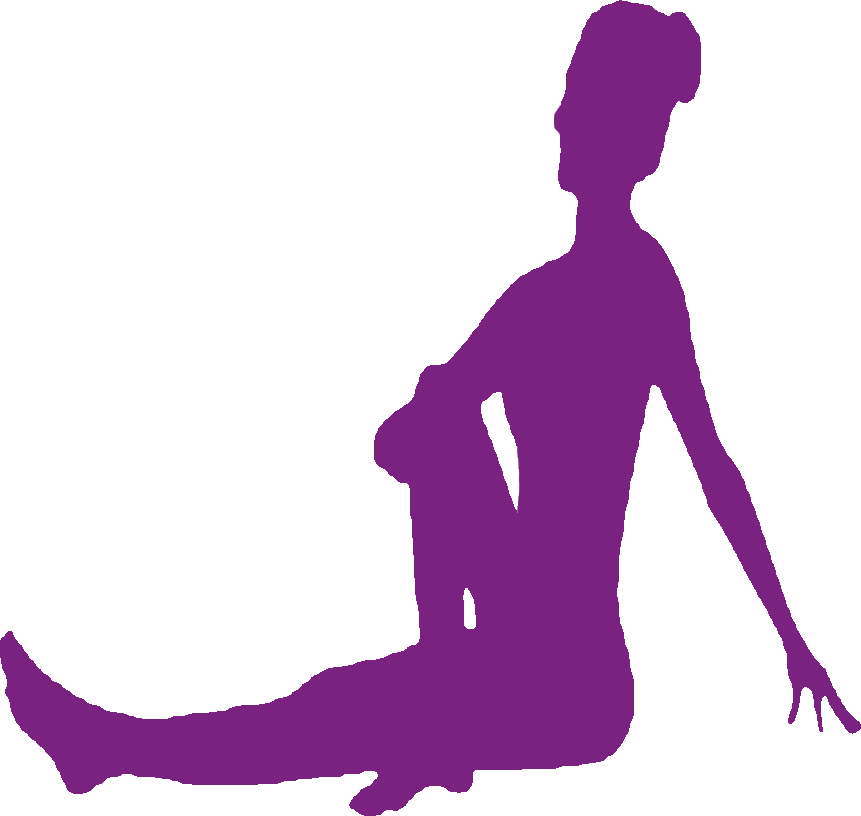
Attending a Pilates class led by a Chartered Physiotherapist gives you the confidence that you are in safe hands. Physiotherapists provide treatment for a wide range of medical conditions together with rehabilitation following injury or surgery. All of our Physios have specialist knowledge in supporting ladies during or after pregnancy and in Physiotherapy management of gynaecological conditions.
Whilst the classes are designed for a group setting, your instructor will be able to show you how exercises can be adapted to suit you and how to vary the level of challenge or difficulty.
Our classes are run by Chartered Physiotherapists with extensive experience between them in both the NHS and private practices.
What are the benefits of Pilates?
“Pilates develops the body uniformly, corrects wrong postures, restores physical vitality, invigorates the mind and elevates the spirit.” – Joseph Pilates
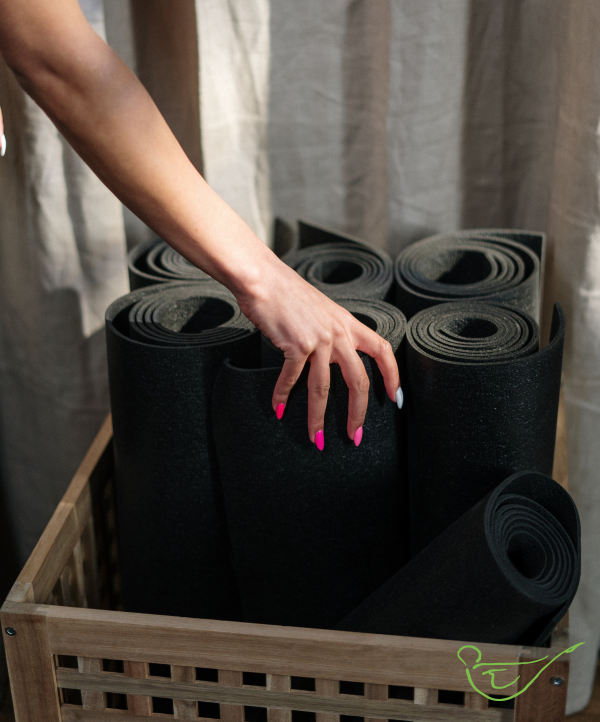
Pilates can help with a number of common complaints including back and neck pain, joint problems, or stiffness. It can be used by athletes to ‘cross train’, complementing sport specific training and reducing injury risk.
Antenatal and Postnatal ladies: Pilates is a safe and excellent form of exercise for ladies during and after pregnancy. It helps you to maintain body strength, flexibility and comfort as your body changes through your pregnancy. In the postnatal months it can be an important part of your recovery and return to full fitness.
Below are some of the benefits regular Pilates exercise can offer:
- Improved core strength
- Improved posture & flexibility
- Improved overall muscle balance in the body
- Increased body awareness
- Improved stability and alignment of the major joints in motion, protecting them from injury
- Improved breathing control
- Improved balance and coordination
- Helping to maintain and improve bone density
- A stronger foundation for every day activities or sports specific training
Are Pilates and Yoga the same?
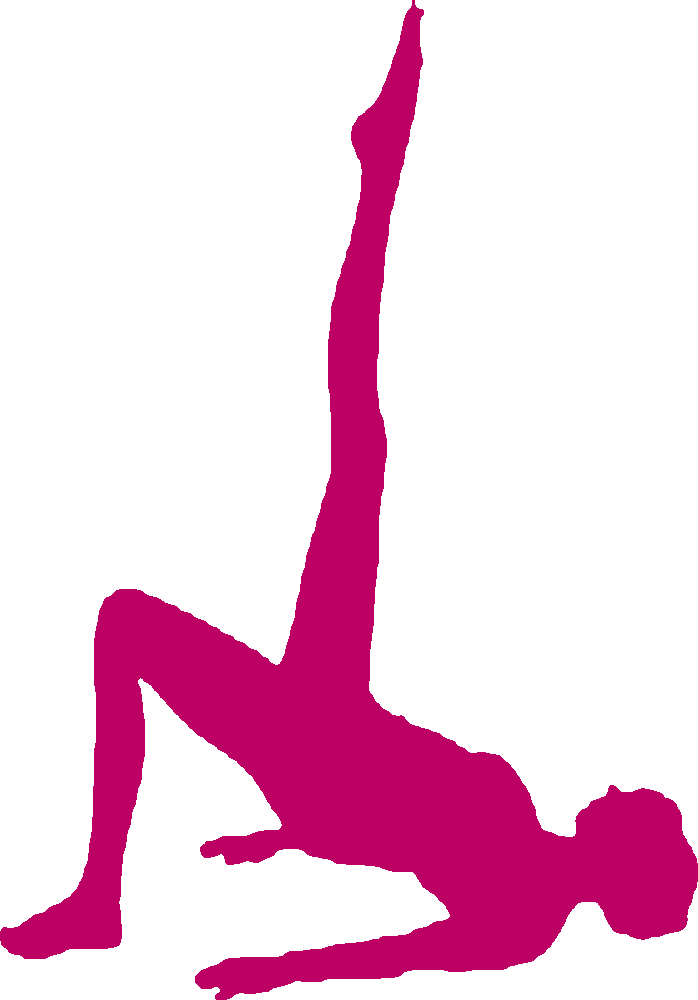
Yoga is based on physical, spiritual and mental disciplines, and modern yoga is a physical activity comprised mainly of asanas, body postures or balancing postures typically ending with a period of meditation or relaxation.
Pilates is a full body workout, sometimes using additional support equipment, that does not involve meditation and does not hold any positions or poses. The founder of Pilates, Joseph Pilates was inspired by various disciplines including yoga, gymnastics, ballet dance and athletic sports.
How safe is Pilates?
Pilates is a low-impact exercise where controlled and slow movement is typical. As such, injuries are very uncommon.
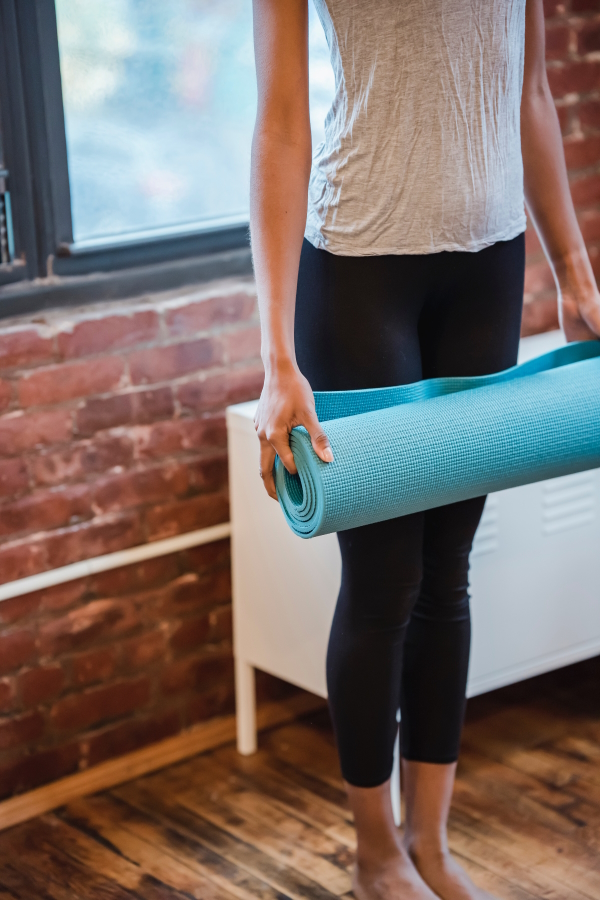
Before you begin, we will ask you to complete a health questionnaire to enable our instructors to advise you best and to help you identify an exercise level that suits your abilities and fitness level. Our classes will include a variety of exercise level options and your instructor will be able to work with you to adapt any exercise for comfort or for added challenge. You simply exercise to the level that works for you.
If you have any medical concerns please consult with your GP before beginning any new exercise.
You are welcome to a free 15 minute telephone consultation if you would like to discuss your health or injury before you start Pilates. – Just request this when you contact us.
What do I need to bring to classes?
You will need to bring your own exercise mat (we can advise on the best options) and a towel to use as a head support. Any other small equipment used in the in-person classes will be provided.
